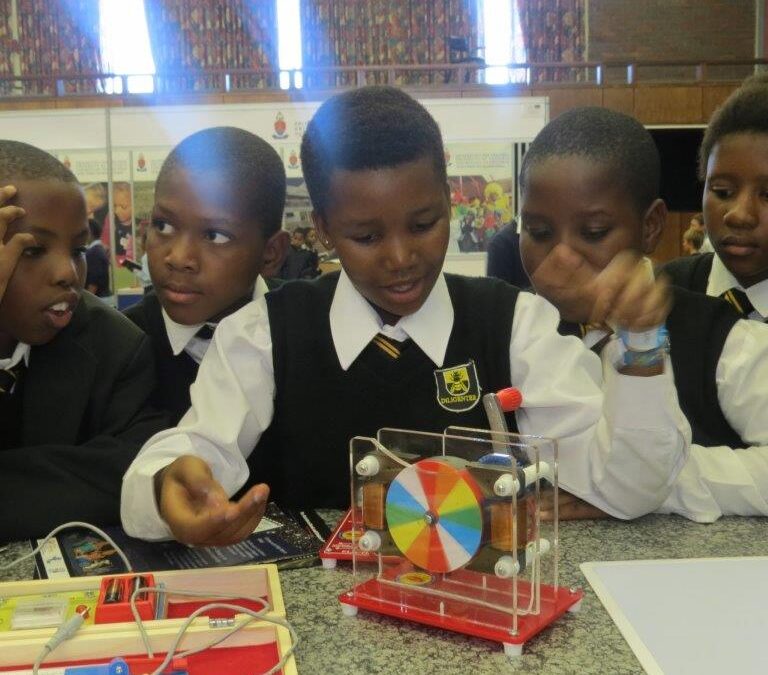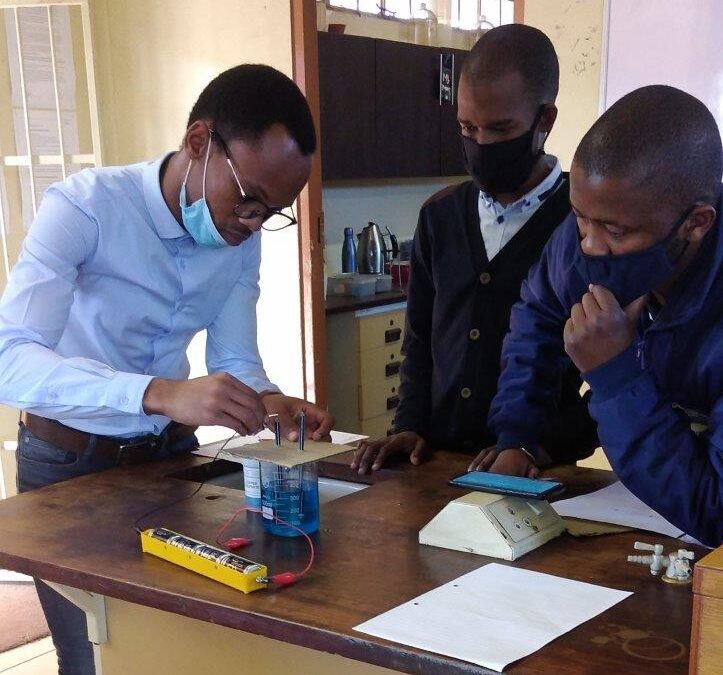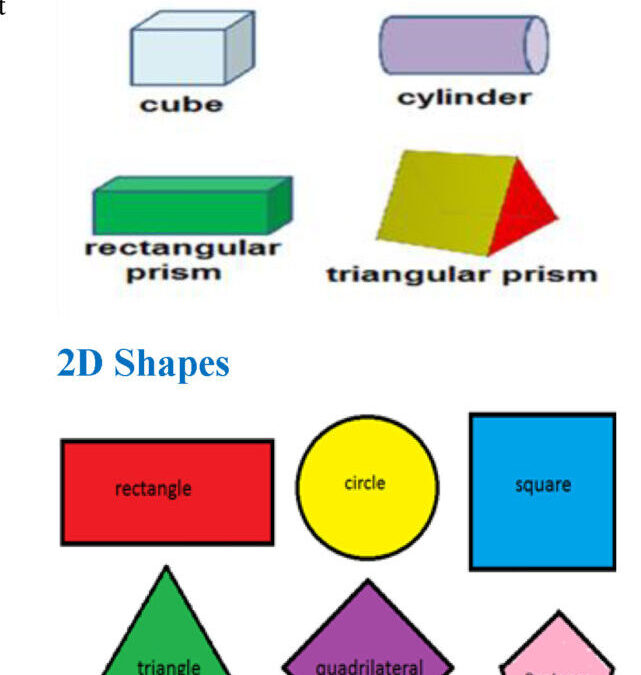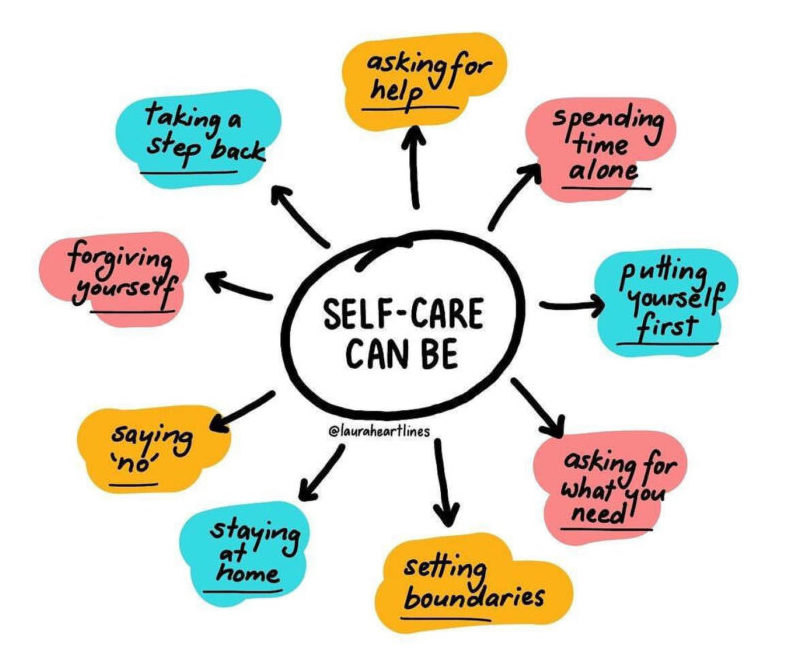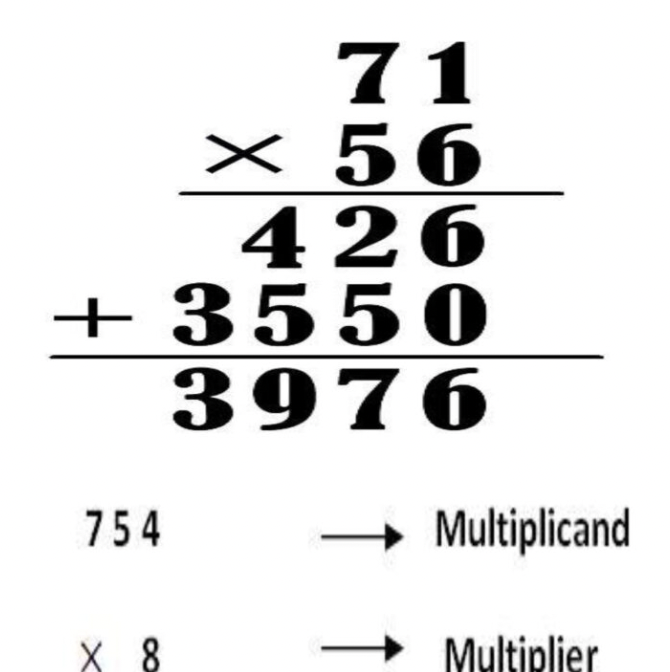Supporting Maths, Science and Technology for the 4th Industrial Revolution
Speech by Nhlanhla Nene
Resident Adviser, Thebe Investment Corporation
Johannesburg
19 October 2017
Thank you programme director
It is my honour and privilege to address you today on maths, science and technology supporting the 4th industrial revolution.
Advances, or breakthroughs, in science and technology have over the course of human history had very profound effects on human societies. Some would say, rightly so, that advances in science and technology have had significant effects on the environment too.
Now, Klaus Schwab, the founder and executive chairman of the World Economic Forum, tells us that society is on the brink of a technological revolution that will fundamentally alter the way we live, work and relate to one another. In its scale, scope and complexity, the transformation will be unlike anything humankind has experienced before.[1]
This transformation, the so-called fourth industrial revolution, will be characterized by the fusion and amplification of emerging technology breakthroughs in artificial intelligence, automation and robotics, multiplied by the far-reaching connectivity between billions of people with mobile devices with unprecedented access to data and knowledge.[2]
In addition, according to the World Economic Forum, advances in the digital economy and biotechnology taken together with the greater linkages among countries and the ageing of populations are changing how people learn, live and work. These developments translate into changes in the kind of skills that are required and how work is organized. On the downside, these developments create pressure on the quality of jobs available, how people balance work and family life, as well as important societal objectives such as social inclusion.
The sum total of all of these developments is that societies must prepare themselves, not only to take advantage of the opportunities that will come with these developments but also how to mitigate against the negatives that these leaps in technological advancement will bring.
In simple terms, the new world that those who have the ability to loom ahead into the future will demand new skills. We know from our own experience in South Africa and elsewhere in the world what happens when there is a mismatch between the skills that people have and the skills that an economy requires to function. Well, job opportunities merely move to where the skills are abundant, assuming, of course, that all other relevant factors are conducive for such a move.
It is this mismatch that explains South Africa’s high unemployment levels as well as the high levels of income inequality. As high as 75% of the gap between incomes in South Africa is explained by the outcomes in the labour market. Those with skills earn a huge premium and those without skills get left behind.
So, to prepare to take advantage of what the fourth industrial revolution brings along, societies must redouble their efforts in educating the workforce of the future. They can do this by addressing the need for continued and improved training in science, technology and mathematics subjects. It is these subjects that will lay the foundation of prosperity during the fourth industrial revolution.
The key in this regard is how we integrate the teaching of Science, Technology, Engineering and Mathematics (STEM) so that we don’t treat as four specific disciplines but in an interdisciplinary approach.
The disciplines of science, technology, engineering and mathematics are of critical importance for any modern society. Science and mathematics provide answers to so many of the fundamental questions of nature and enable citizens to gain a better understanding of the world around them.
They enable us to measure, analyse, design and advance our physical environment and enhance the quality of life, including developments in healthcare. STEM disciplines are, of course, critical drivers of our ambitions regarding the economy as they are the bedrock for the development of new products and services. So, economic progress more generally depends on the good supply of quality graduates in STEM disciplines. The latest report report by the World Bank on the South African Economic Outlook focusing on innovation amplifies this sentiment even more succinctly.
We therefore must engineer our education systems to produce more STEM graduates. Advances in technological innovation of the scale described by the World Economic Forum’s Schwab demand that our graduates have the skills and competencies that will enable them to take advantage of the future opportunities that technology advances will bring about.
Mobilising resources, both human and financial, to improve the teaching of science, technology, engineering and mathematics is key. We do know of course that South Africa has a shortage of teachers in these fields. But that is the opportunity for all strands of our society to pull together and address this challenge. It for this reason that we applaud the Maths Center for playing the role that it plays in this area and we are encouraged by your resilience to soldier on despite the challenges and lack of support and appreciation by policy makers.
Caution must be the operative word though when planning for the fourth industrial revolution. I say so because the liberal arts and social sciences also have a big (role) contribution to make. This is because in the new world of work that the fourth industrial revolution will bring about, soft skills such as creative problem-solving, people management and social intelligence will be critical. So, we should not forget to upgrade our social science and liberal arts education as we prepare for the fourth industrial revolution.
In conclusion, ladies and gentlemen, the new way of working and living that the fourth industrial revolution will bring about requires much collaborative effort by all stakeholders in society, primarily government, business, and labour.
We should also not lose sight of the fact that the current status quo means that the majority of fellow citizens will, unless there are much more dedicated efforts to bring them along, be left behind by the technological advances that drive the fourth industrial revolution.
Already more than 27% of fellow South Africans are unemployed, that is if one uses the narrow definition of unemployment. And when one digs deeper into the statistics about unemployment, one sees that unemployment is highest among young people of our country. If current trends continue, there is a great possibility that some of our young will reach middle-age, if not retirement age, without ever having had the opportunity to engage in gainful employment.
Improving the teaching of the STEM disciplines to lay the strong foundations for the fourth industrial revolution must, in the context of our country, be about closing the gap between those who have and who have not.
Running ahead and leaving the majority of South Africans behind without hope, will in the long run cost us dearly. As Schwab puts it, some pessimists have warned that the fourth industrial revolution will turn humanity into robots, depriving us of our heart and soul. In truth, if we fail to harness the fourth industrial revolution to benefit all South Africans, or ensure that all South Africans are given the opportunity to benefit from it, we would indeed have become dehumanised.
I thank you
[1] The Fourth Industrial Revolution: what it means, how to respond. Klaus Schwab, 14 January 2016
[2] Educating for the 4th Industrial Revolution, 2017 UNESCO-KEDI Asia-Pacific seminar concept note




